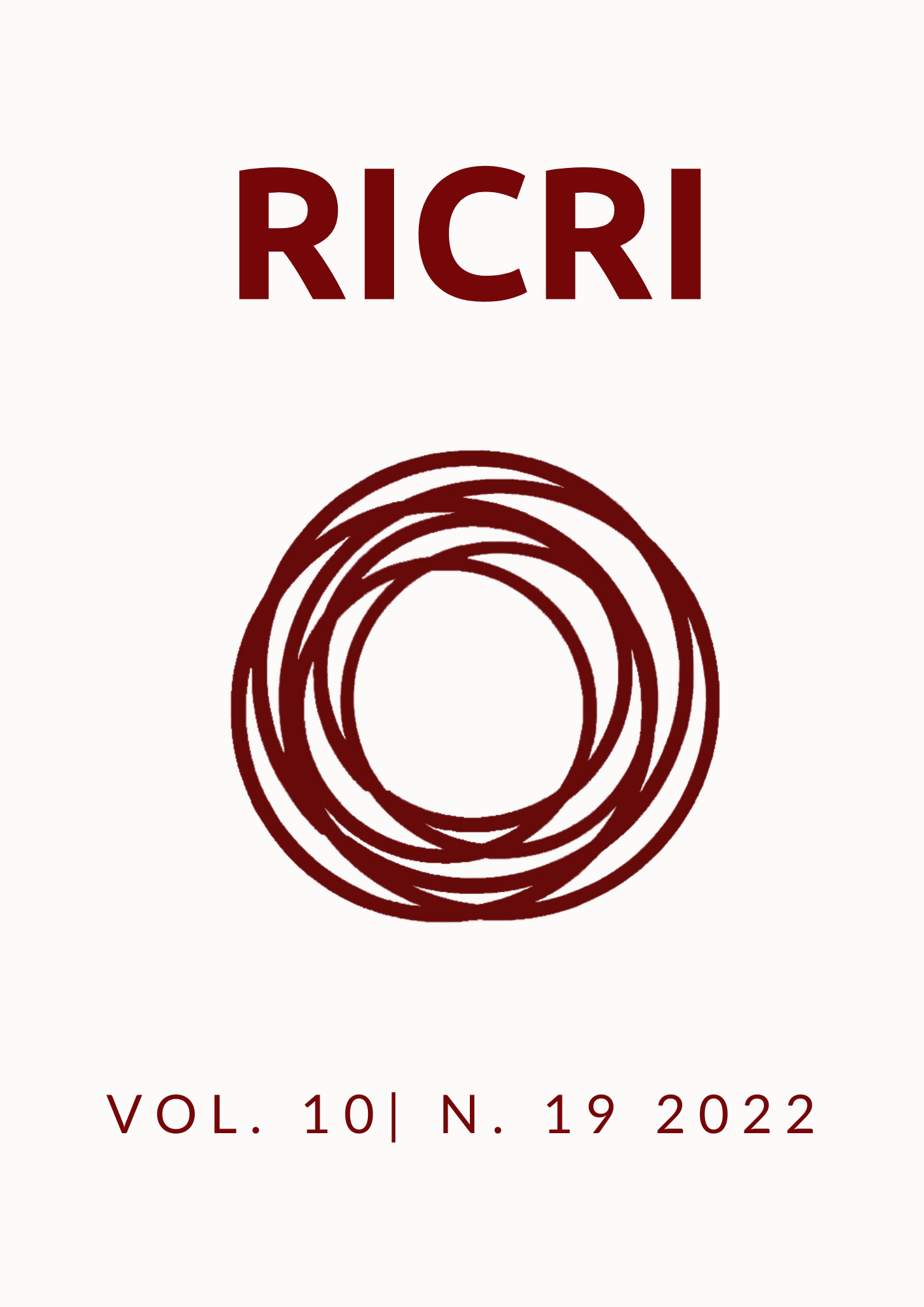Considerações das relações diplomáticas OTAN-Rússia
DOI:
https://doi.org/10.22478/ufpb.2318-9452.2022v10n19.62717Abstract
With the collapse of the Soviet Union, Russia lost its influence in Eastern Europe that was previously part of the Soviet bloc, thus, the North Atlantic Treaty Organization (NATO) began to expand into Eastern Europe. For Russia, this dominance of NATO in space that was formerly led by the Soviets was perceived as a threat. NATO projects, such as the anti-missile project in Europe and the possible extension to cover Ukraine and Georgia, generate a welcome on the part of Russia, which even proposed a pan-European security project, which was not accepted by NATO. This work will discuss how NATO enlargement influencing Russian decisions in matters of opinion about the security of the North Atlantic region, and also how these opinions and decisions conducted in Eastern Europe, taking into account the possibility of a NATO reformulation for these two parties, NATO-Russia, to come to an understanding and end the tension in the region of the former Soviet Union. It is argued what were the consequences of Russia's refusal to have an alliance with NATO and how this has affected NATO, which needs Russia's cooperation to have influence in Eastern Europe. The topic highlights whether it would be possible to have a NATO location favorable to Russia's interests so that both could reach an agreement with the objective of improving European security strategies.
Downloads
Published
How to Cite
Issue
Section
License
Copyright (c) 2023 Journal of Scientific Initiation on International Relations

This work is licensed under a Creative Commons Attribution-NonCommercial 4.0 International License.
Authors who publish with this journal agree to the following terms:
a. Authors retain copyright and grant the journal right of first publication with the work simultaneously licensed under a Creative Commons Attribution License that allows for sharing of work with acknowledgment of its initial publication in this journal.
b. Authors are able to take on additional contracts separately for non-exclusive distribution of the version of the work published in this journal (e.g., post it to an institutional repository or as a book), with an acknowledgment of its initial publication in this journal.
c. Authors are permitted and encouraged to post their work online ( eg, in institutional repositories or on their website) at any point before or during the submission process, as it can lead to productive exchanges , as well as increase the impact and citation of published work ( See the Effect of Open Access).




